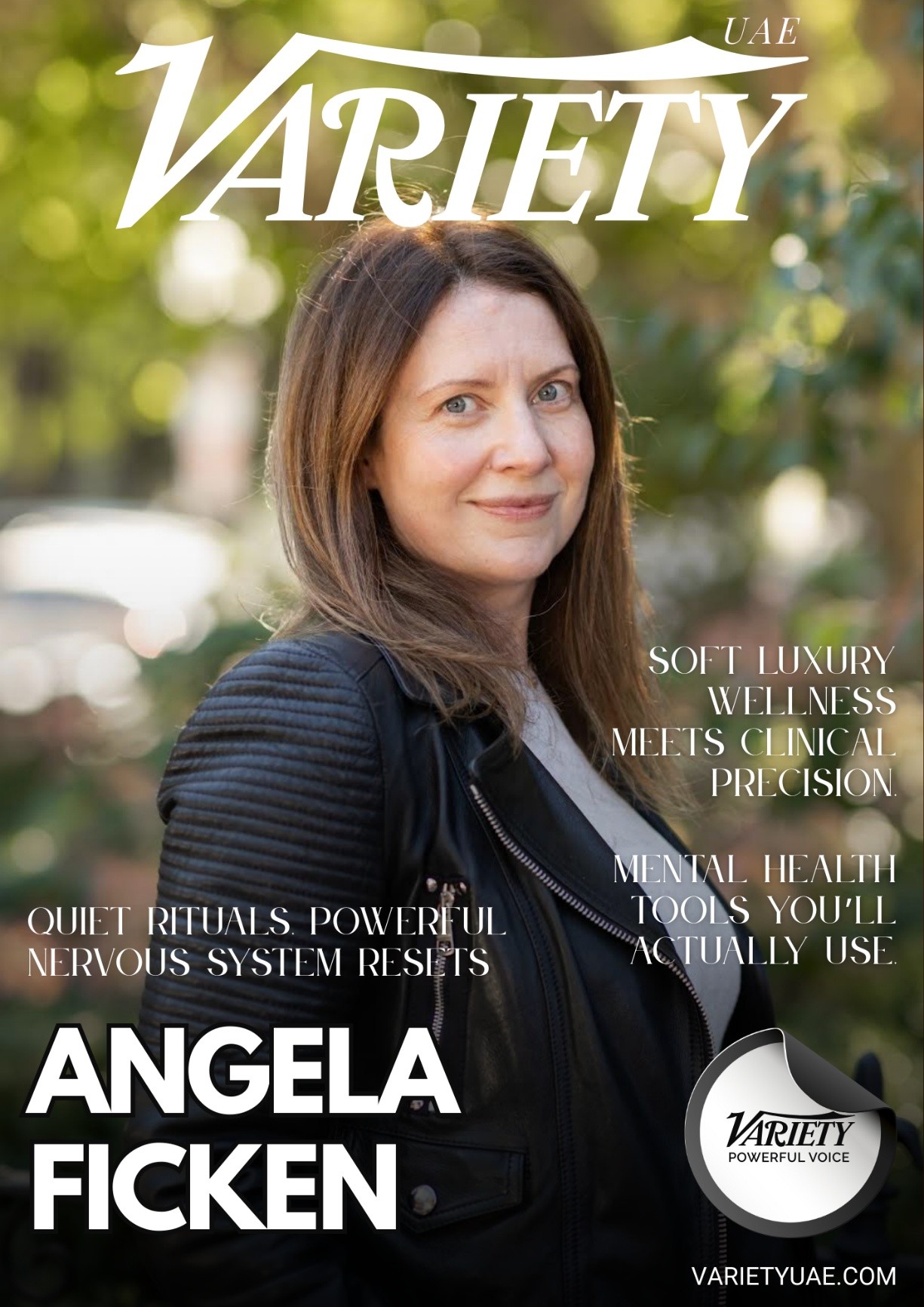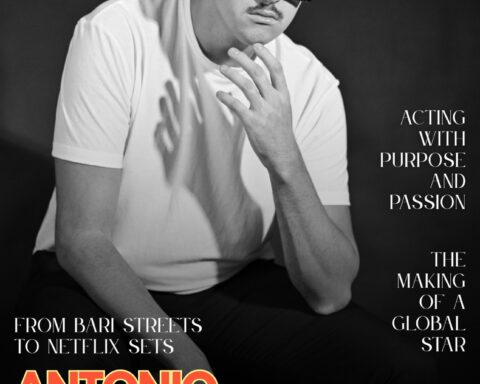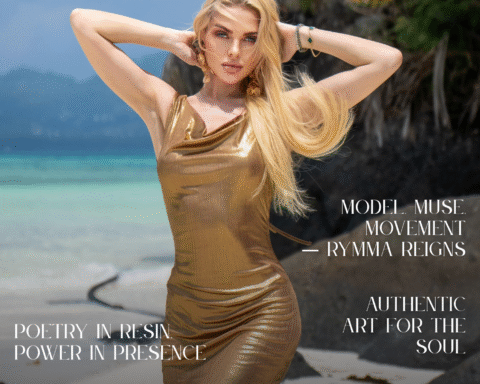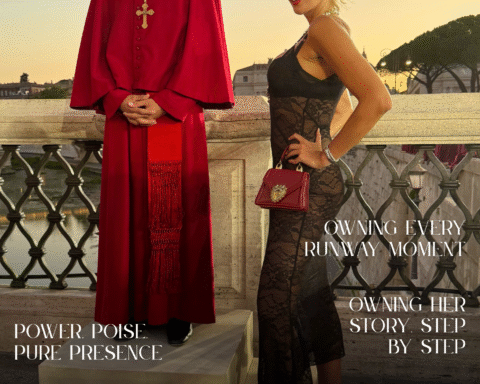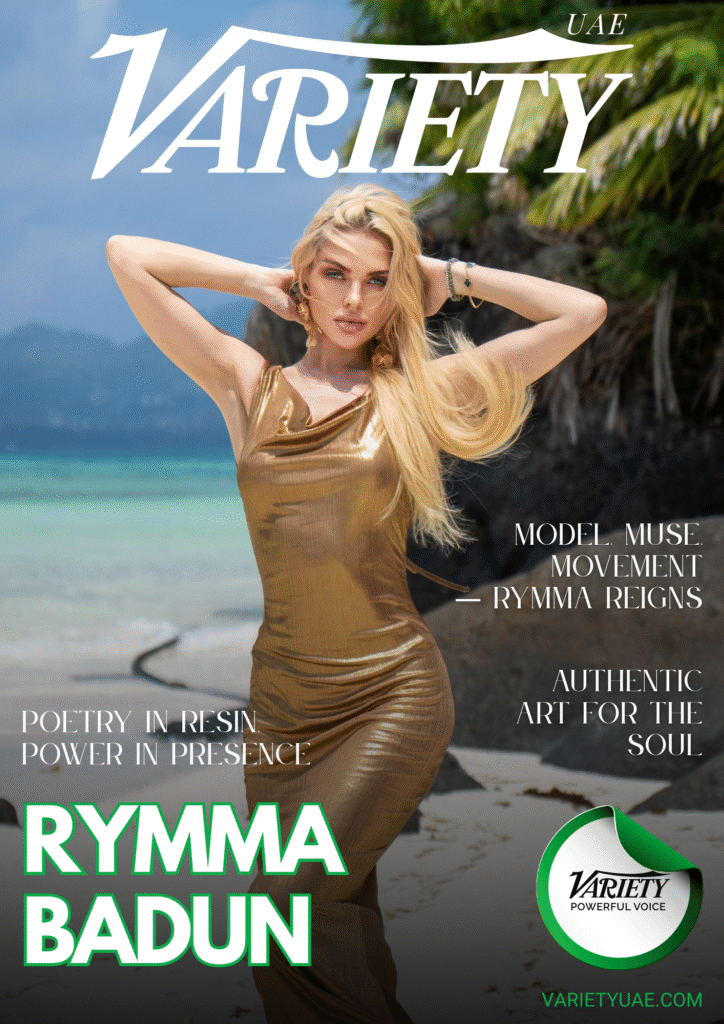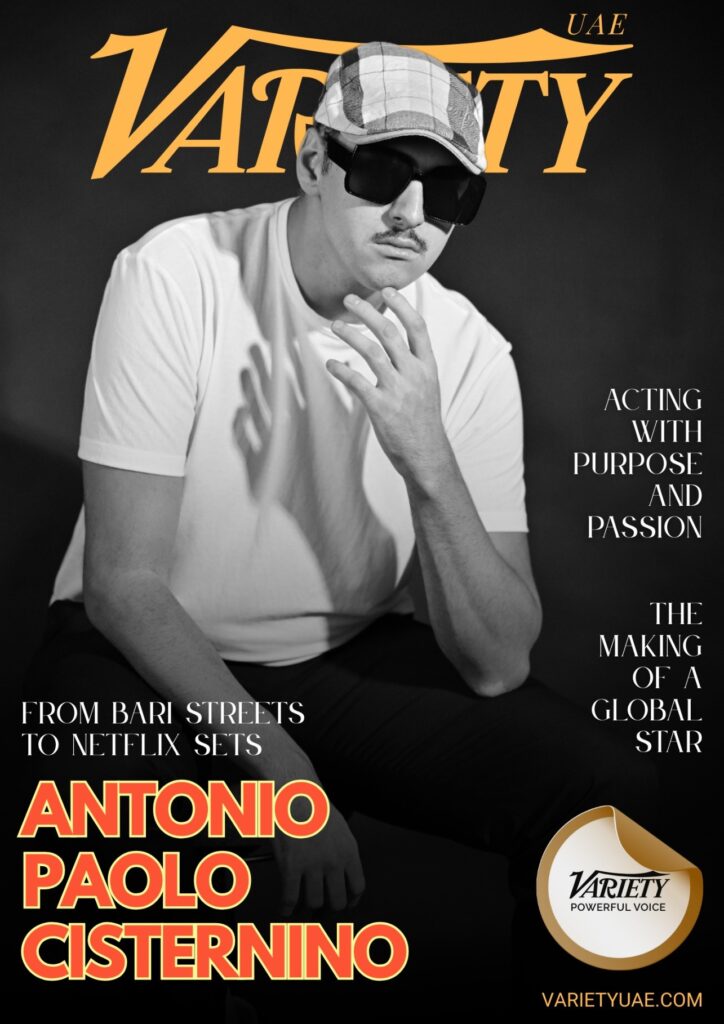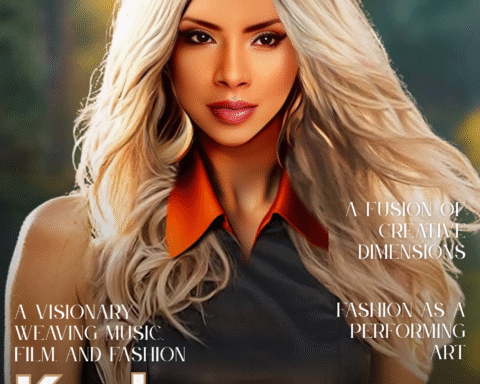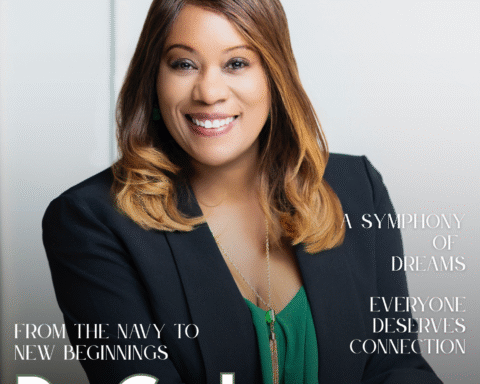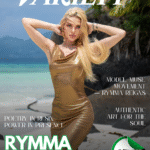On any given weekday in Boston, psychotherapist Angela Ficken, LICSW, can be found doing what she has done for almost two decades—helping high-achieving women untangle anxiety, perfectionism, and the pressure to deliver on demand. But in the past few years, Ficken has stepped beyond the therapy room to build Worried to Well-Balanced (WW), a therapist-founded wellness brand whose tools look as elegant as they are practical. The mission is quiet and exacting: translate proven clinical strategies into two-minute, real-life moves ambitious women will actually use.
WW’s products—headlined by the Fall Into Focus workbook and the Pause & Pivot micro-ritual card deck—have begun circulating far beyond New England. Professionals of all sorts are tucking them into tote bags and desk drawers as a kind of soft-luxury first aid kit for the nervous system. Ficken isn’t embedded in Hollywood—yet—but the brand’s appeal aligns neatly with entertainment’s rhythms: unpredictable schedules, public scrutiny, multi-stakeholder feedback, and the relentless expectation to perform.
“Most of my clients don’t need more inspiration,” Ficken says. “They need small, repeatable skills that fit inside a real day—and a design that invites them to reach for the tool when things tilt.”
A Therapist’s Playbook, Refined for Real Time
Ficken’s clinical roots are in anxiety disorders, OCD, and eating disorders—conditions in which structure and strategy matter. WW distills that rigor into formats designed for micro-windows of time.
Fall Into Focus reads like a director’s treatment for a day that could get messy. Each spread asks for a few priorities (not ten), one next step for each, a pre-decided stop time, and a short debrief. The constraint is the point: it turns vague intentions into shootable scenes and puts guardrails around perfectionism’s tendency to sprawl.
Pause & Pivot is the counterpart you can use anywhere—before a table read, between back-to-back meetings, or in a greenroom. Each card offers a concise intervention in plain language: a grounding walkthrough, a cycle breath pattern, a cognitive reframe, or a boundary script. Read the card, run the practice, re-enter with a one-sentence intention. Total time: 60–120 seconds.
Together, they encode a simple credo that travels across industries: plan when you can; pivot when you must.
Soft Luxury, Hard Working
If the methods are clinical, the look is editorial. WW’s aesthetic—muted neutrals, clean type, generous white space—leans into what Ficken calls “soft luxury.” It isn’t about preciousness; it’s about reducing friction. Tools that feel calm in the hand are more likely to be used when adrenaline spikes.
“Design is behavior change,” Ficken says. “When a page is clear and a card is beautiful, you lower cognitive load and resistance. That’s not decoration—it’s access.”
It’s also a differentiator in a saturated wellness market. WW avoids loud palettes and motivational noise in favor of quiet confidence. The products blend naturally into a production office, a dressing room, or a minimalist home desk—no performative wellness required.
Built for High Pressure—On Set and Off
Entertainment may be the most visible high-pressure arena, but it isn’t unique. Ficken’s client base includes executives, entrepreneurs, and team leads—women whose calendars move like call sheets. WW’s promise resonates because it respects that cadence.
None of it replaces therapy; it extends therapy into the spaces where days are decided—hallways, cars, corridors, and five-minute breathers.
From Private Practice to Product
WW’s origin story traces back to a familiar problem. Ficken saw clients making strides in session and then losing footing in the wild. “They’d say, ‘I knew what to do, but I couldn’t access it in the moment,’” she recalls. The fix wasn’t more theory—it was cues: short scripts, tiny rituals, and structures that surface when stress narrows attention.
Early prototypes were pragmatic—simple cards—but Ficken noticed adoption improved when the tools looked and felt like something worth keeping close. The brand evolved into its current form: therapist-created content wrapped in a tactile, elegant package.
WW’s most recent seasonal pairing—Pumpkin Spice Workbook (cozy reflection) and Fall Into Focus (clarity and discipline)—shows how the brand navigates mood without losing its backbone. The palette shifts, the typography stays clean, the instructions remain spare.
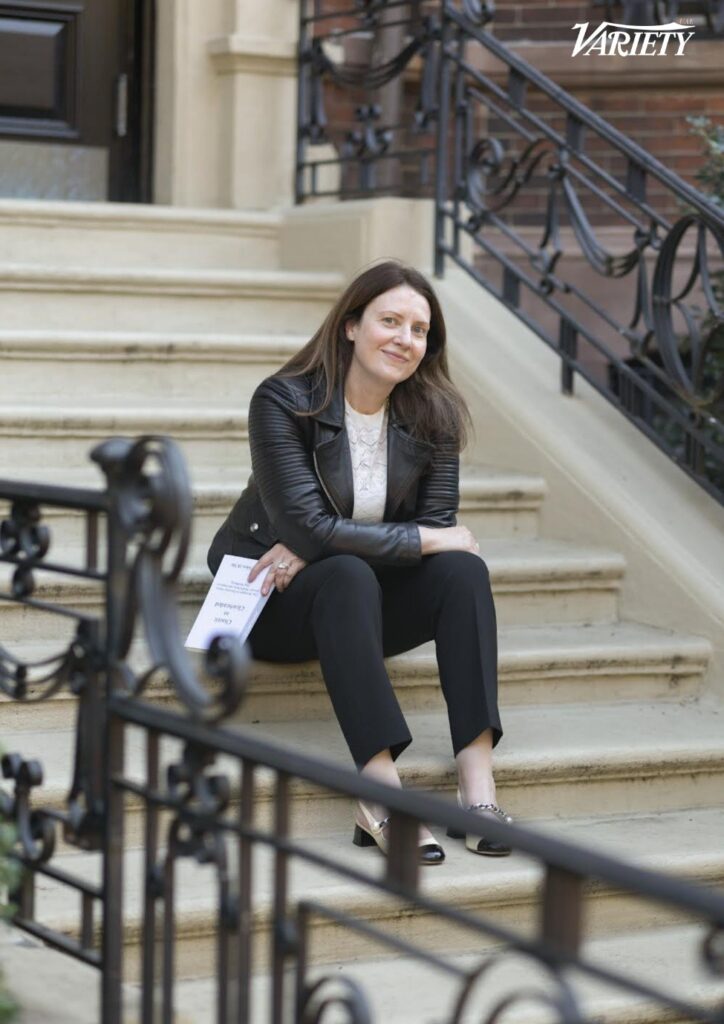
Why It Lands With Women Who Lead
In a culture that often serves women a choice between 60-minute routines or hustle-hard mantras, WW offers a third option: light-lift capacity. It’s a frame that treats mental health like sleep or hydration—part of performance, not an afterthought.
- It’s evidence-based without the jargon. CBT, behavioral activation, mindfulness, and implementation intentions are built in, not spelled out.
- It’s humane. The tone is non-judgmental and practical; nothing in the system scolds you for having a human brain.
- It’s accessible. Tools are priced and packaged for everyday use, not just retreats and residencies.
The result, Ficken argues, is steadier leadership and work that holds up under conditions that rarely do.
The Visual Story
As WW builds press momentum, imagery stays aligned with the thesis: portrait-first headshots that read editorial rather than corporate; lifestyle stills placing the workbook or cards next to an iPhone, laptops, or a mug in morning light. The color story is a soft luxury palette—calm enough for a magazine spread, legible enough for a mobile screen.
What’s Next for Worried to Well-Balanced
Ficken is expanding WW with modules that mirror recurring pressure loops: boundary-setting for awards pushes and launch cycles; “press-circuit recovery” rituals; and seasonal focus resets that keep the day small when demands get big.
If You’re New to WW, Start Here
Fall Into Focus (3–5 minutes): three priorities, one step each, stop time, 30-second debrief.
Two Pause & Pivot cards in your bag: one grounding, one boundary script. Use before the moment uses you.
It’s not a makeover; it’s a margin. And in high-pressure careers, margins compound.
Three Lines to Borrow This Week
- Before a high-stakes meeting: “I’m choosing one outcome to optimize and one to release.”
- When bandwidth is gone: “I want to give this real thought—can I circle back after we wrap sound?”
- End-of-day debrief: “One thing that worked; one thing I’ll try differently tomorrow.”
Angela may not be a fixture on studio lots—yet—but her therapist-founded brand is already speaking the industry’s language: short, specific, repeatable. The tools look quiet. The impact is not.

